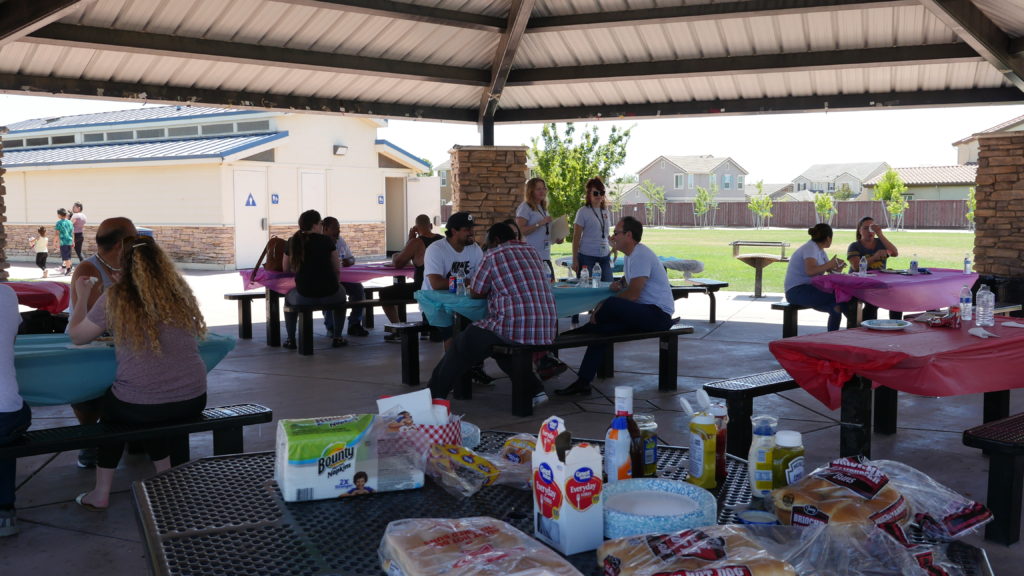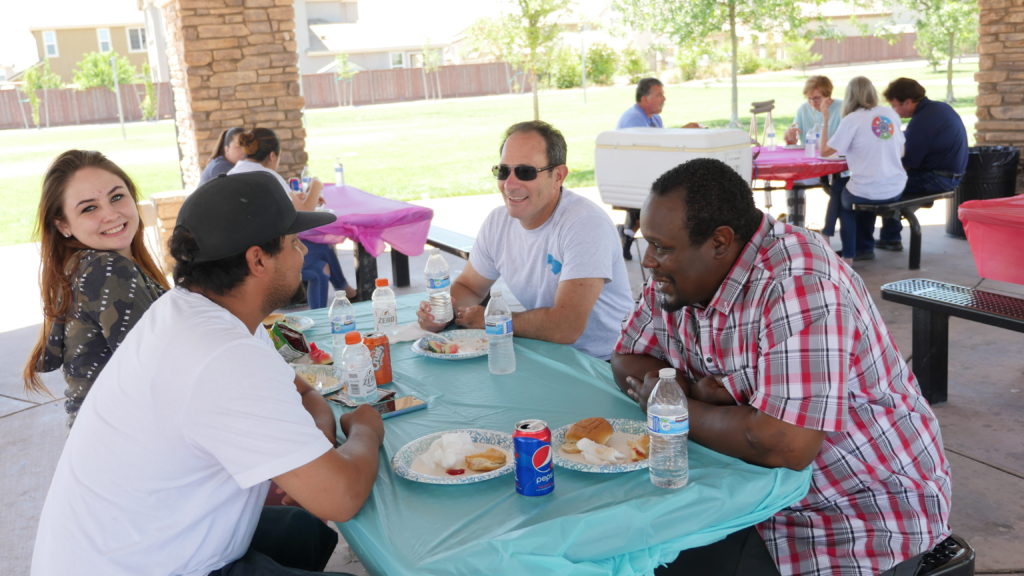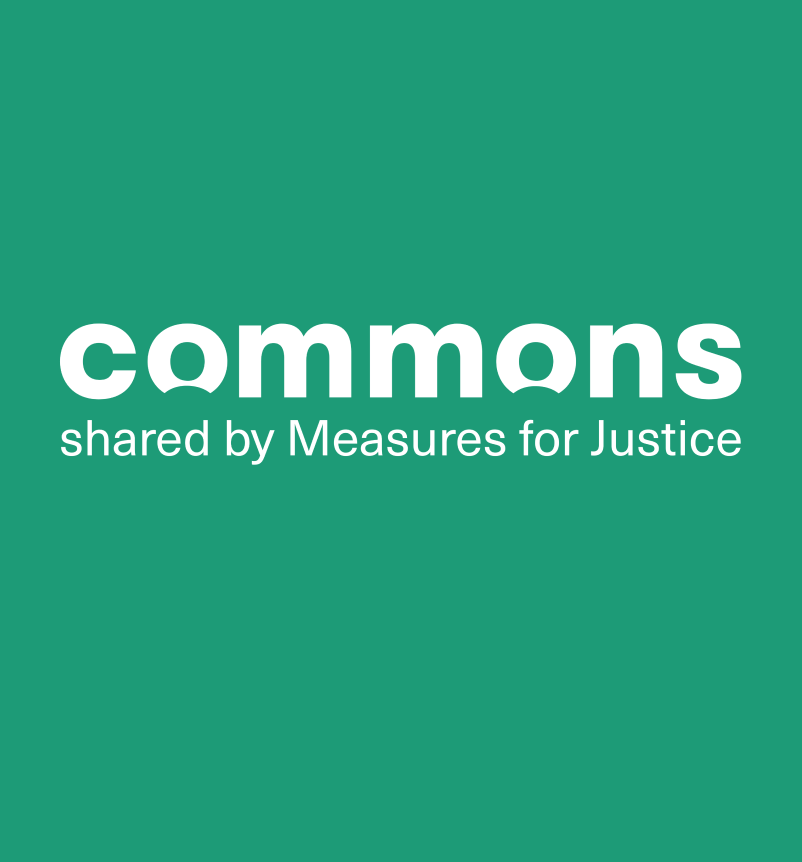(Woodland, CA) – July 17, 2019 – On Tuesday, July 16th, current participants and former graduates of Yolo County’s Mental Health Court joined together for the Second Annual Mental Health Court Barbecue at Jack Slaven Park in Woodland. They were joined by employees from the District Attorney’s Office, Health and Human Services Agency, the Yolo County Superior Court, and the Public Defender’s Office.
Mental Health Court was founded in 2013 and is a multi-agency collaborative effort that brings together partners from the criminal justice and social services fields. The program serves up to 15 individuals at a given time who suffer from serious mental illnesses and have been charged with felony offenses. Mental Health Court’s Forensic Team members focus on four goals for program participants: improving treatment engagement, reducing recidivism, reducing jail bed days, and decreasing local and state hospital bed stays.
On Tuesday, attendants participated in a game of kickball—clients vs. program staff, which the clients won handily with a 15-8 score. Chief Deputy Public Defender Allison Zuvela did her best to keep the MHC team in the game. Each time she launched a kick into the outfield, both of her shoes would fly off towards the pitcher’s mound, which brought a big smile and laugh to both teams.
Afterwards, the group enjoyed a meal of hamburgers and hotdogs cooked fresh on the park grill. Chief Deputy District Attorney Jonathan Raven sat down and shared lunch with a group of Mental Health Court participants, talking about their offenses and the positive impact that this program has had on their lives. “I asked them who would have thought someone from the office who prosecuted you would be sitting together and eating burgers and brownies, to which they laughed,” said Raven. “I then said, and it was the DA’s office and the collaborative court team that gave you all a second chance and you are all making the most of it and doing great, to which they all nodded approvingly.”
After everyone had a chance to eat, members of the Mental Health Court team surprised the group by handing out awards acknowledging and celebrating the progress that each participant had made since enrolling in the program. Several participants received awards recognizing their efforts at “setting boundaries,” separating themselves from people who served as bad influences in their lives. Others received awards for “making healthy life choices” such as staying clean and sober and engaging in treatment.
One client received a certificate for “building positive support groups,” which can be challenging for individuals diagnosed with a serious mental illness. “I’ll hang this up next to my high school diploma,” he said.
Another client was recognized for his efforts to support his children. He enrolled in Mental Health Court after committing an Assault with Great Bodily Injury, and has taken advantage of the opportunity to build healthy relationships with his kids. “This program has made me stronger; it has made me be a better person. That has helped me to become a better father as well,” the client said.
When asked what the most valuable part of Mental Health Court has been, the client responded by saying: “It’s been a great experience, working with Kristi and the other team members. They are giving me the tools to stay clean and sober, to stay on my medication.” Kristi Abbott is the Forensic Clinical Supervisor from Health and Human Services. She leads a team of case workers who work in conjunction with Deputy Probation Officer Stephen Svetich.
Participants enroll in the program for a minimum of 18-months and progress through four phases: 1. Orientation and treatment plan development; 2. Early recovery; 3. Active recovery; and 4. Sustained recovery. Progression through the four phases includes increasing days of sobriety, writing a reflective essay at the end of each phase, and consistently participating in treatment. If a participant stumbles along the way, they may have to redo previous phases of the program based on the circumstances—however, the program is designed to allow for second chances. At the end of the program, clients participate in a restorative justice process that allows them to reflect on the harms of their offenses and reconcile with family members and victims.
“This program has had a tremendous impact. It changed my life. I’m just working on what I have to do to be successful, maintaining sobriety, and staying out of trouble,” another MHC client shared. He was enrolled into Mental Health Court while facing a felony conviction for robbery.
By holding events like a barbecue for program participants and graduates, the Mental Health Court team hopes to foster a sense of community among Mental Health Court clients and the county employees that they work with. Abbott commented, “the annual MHC BBQ gives us the opportunity to spend quality time with the participants. We get out of the courtroom and get to connect with them in a whole other way. We hope to show the participants how much each one of the court team members is invested in them as people and how much we care about their success.”
For more information, please visit https://yoloda.org/community-outreach-programs/mental-health-court/
###



